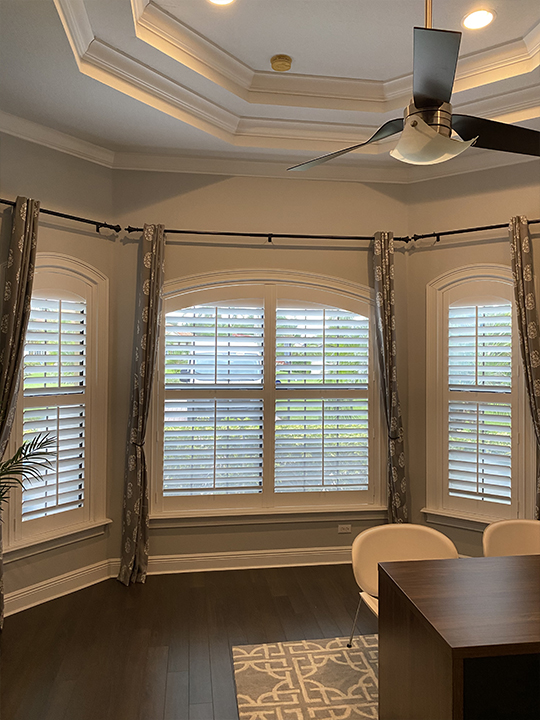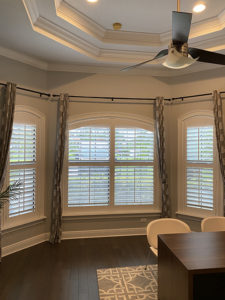
 Many people vaguely know what window shutters are, or at the very least, they are able to determine what a window shutter is. Yet there are many types of window shutters that someone can be interested in, and one of them that confuses people are plantation shutters. Trinity residents might see plantation shutters a lot when they are looking into getting shutters for their home, but many people do not know what plantation shutters are, and how they are different from other types of window shutters. It may be best for someone to understand what plantation shutters are not in order to better understand what plantation shutters are.
Many people vaguely know what window shutters are, or at the very least, they are able to determine what a window shutter is. Yet there are many types of window shutters that someone can be interested in, and one of them that confuses people are plantation shutters. Trinity residents might see plantation shutters a lot when they are looking into getting shutters for their home, but many people do not know what plantation shutters are, and how they are different from other types of window shutters. It may be best for someone to understand what plantation shutters are not in order to better understand what plantation shutters are.
Traditional Exterior Window Shutters are Not Plantation Shutters
Many people who are interested in getting window shutters for the inside of their home might be under the impression that exterior shutters are the same thing as plantation shutters. Trinity residents should be made aware that although they make look the same, plantation shutters are not explicit to the outside of a home. When it comes to modern interior plantation shutters, oven times the louver size is much bigger than that of traditional window shutters. Not only are they designed differently, but more importantly they are different in terms of how someone would use them.
What about Metal Window Shutters?
Another common mistake that people make when looking into plantation shutters for their home is to think they are metal shutters or hurricane shutters, but this is not true. Unlike plantations shutters, Trinity residents should know that hurricane shutters or metal shutters are not put onto a house because they look good, but because they help protect windows when dealing with inclement weather. Metal window shutters cannot be used when they are put up, as there is no way to open and close them to let sunlight into a home. Keep in mind that hurricane shutters go on the outside of a home, while plantation shutters go on the inside of a home.
*Disclaimer: The views expressed here are those of the authors and do not necessarily represent or reflect the views of Shutter Professionals*

